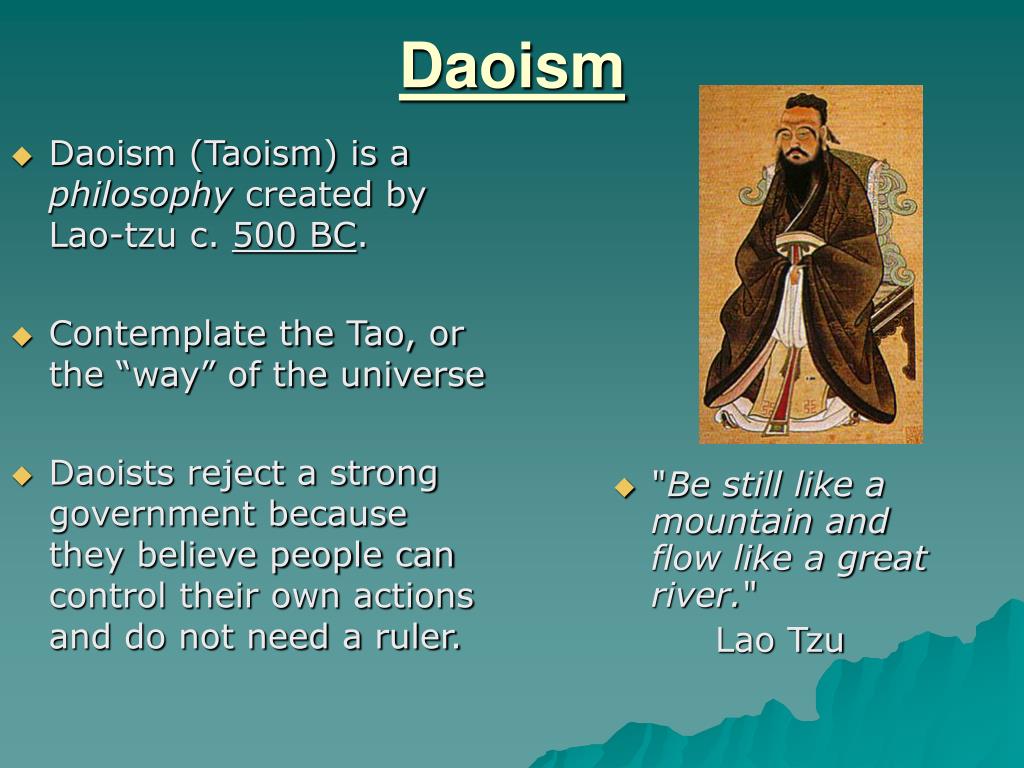Drugs like Ozempic can target and erase our desire for food – and perhaps other cravings too. This pathologises desire as something that exists outside of us, to which we passively submit. But in losing our desires, we risk losing valuable parts of our experience – instead, argues Uku Tooming, we should view desire as an attitude that we shape with our imagination, and use our imagination to harness it to better ends. Most of us aspire to improve our minds in various ways, from enhancing our intellectual capabilities to becoming more emotionally attuned to the needs of our significant others. For many, this aspiration is especially salient in their efforts to lose weight, as it requires getting their food cravings under control. Imagine, for instance, Eugene who, whenever he is exposed to delicious treats, such as chocolate cakes or ice cream, experiences a strong desire for them. As a result, he has difficulties controlling his weight. For Eugene, weakenin…
Read the full article which is published on IAI TV (external link)






